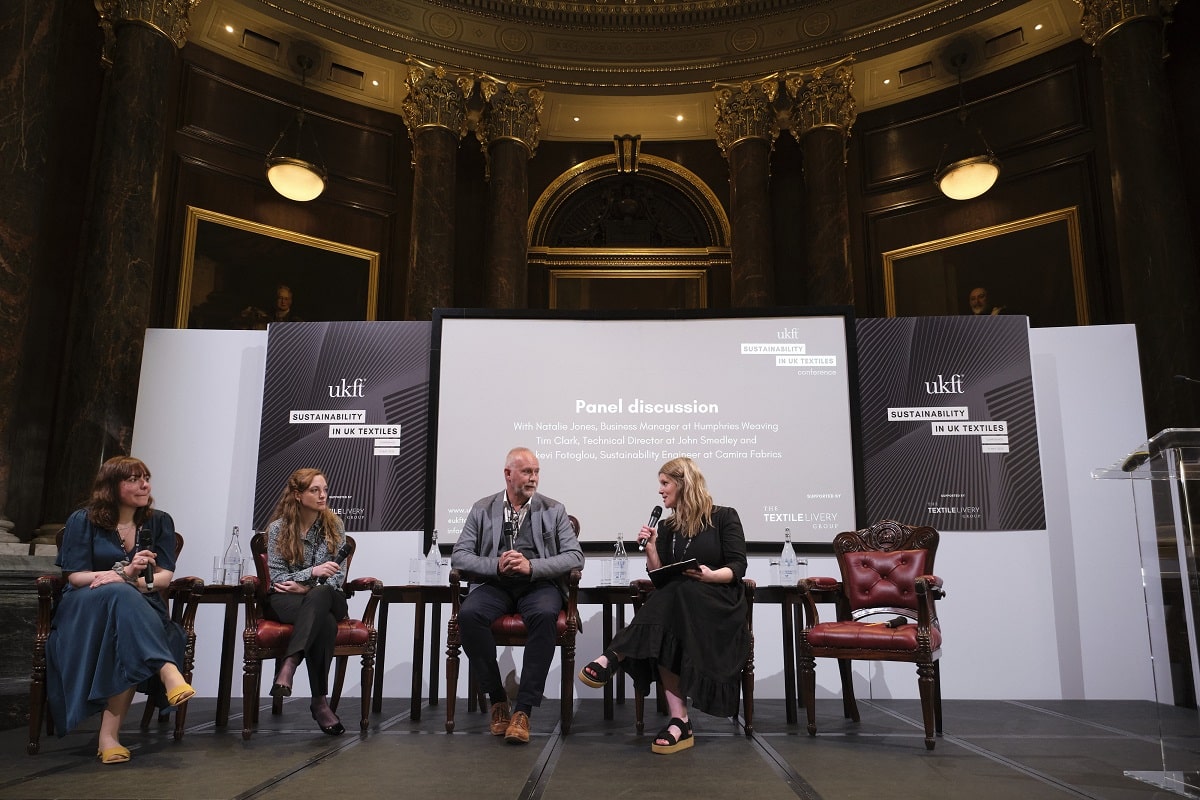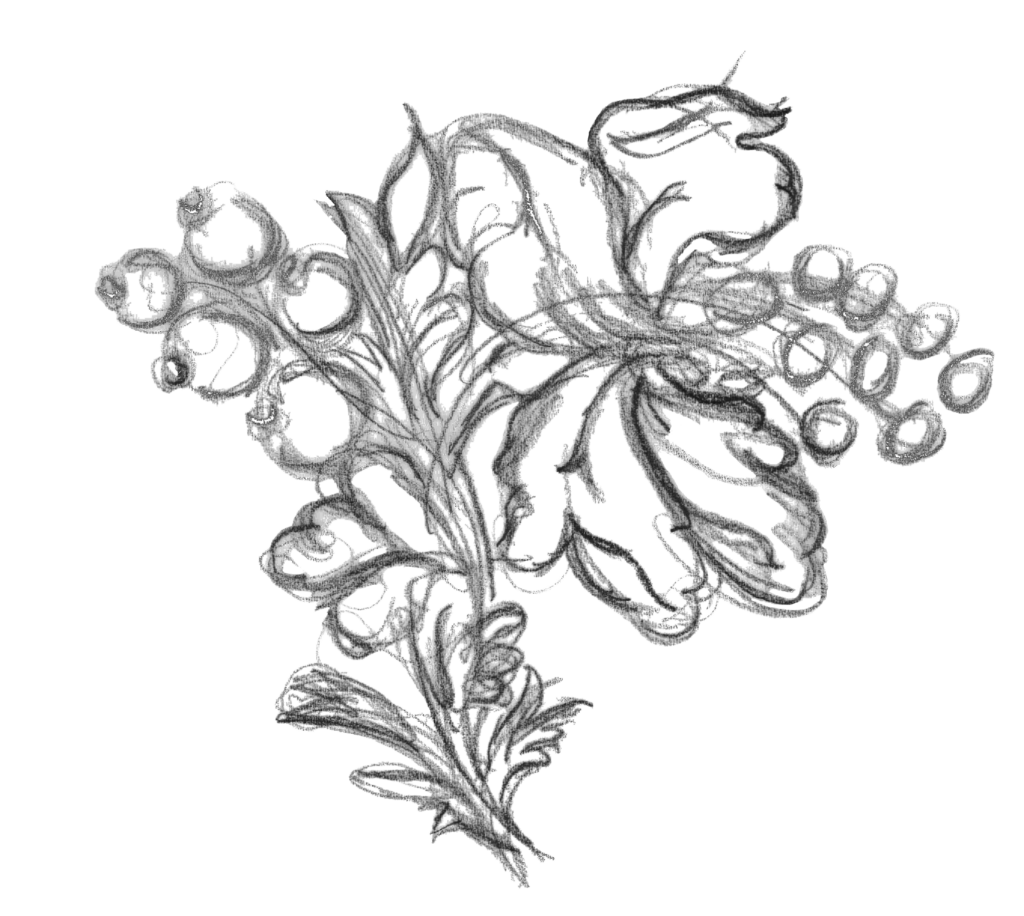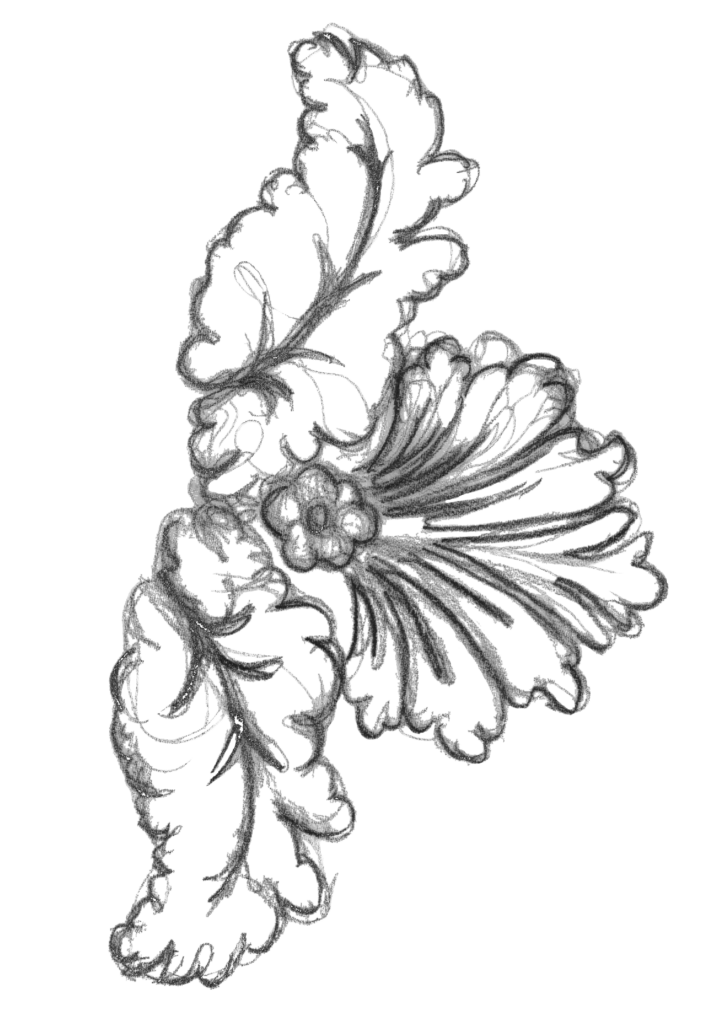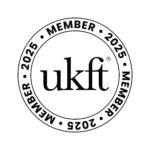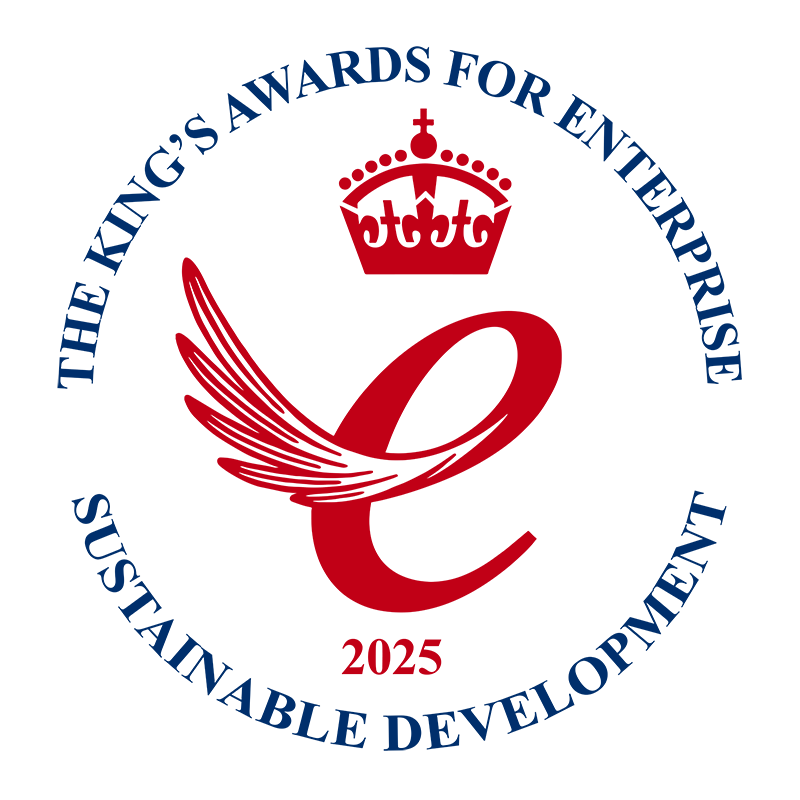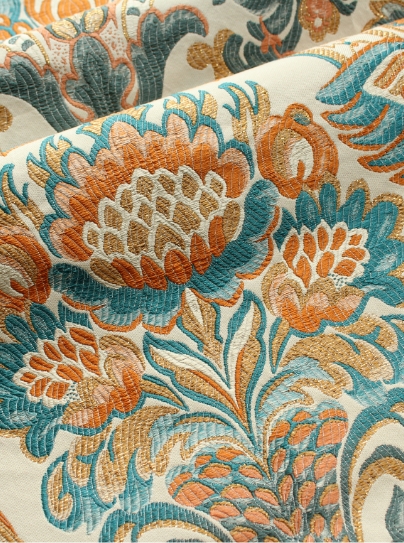UKFT’s Sustainability in UK Textiles
The UK Fashion & Textile Association (UKFT) is the largest network for fashion and textile companies in the UK. They have been working in conjunction with the Textile Livery Group to create an industry consensus in their approach to sustainability.
“Everyone is talking about sustainability but it can mean many different things to different businesses, markets and consumers. The global textile industry is often cited as one of the most polluting but we know that isn’t true for our industry here in the UK…
…UKFT and The Textile Livery Group came together to create a unique event on 12 May 2022 to share best practice on sustainability within the UK textile industry and discuss how the sector can grow its capacity and capability, while remaining competitive.”
[/spb_text_block] [spb_row element_name=”Row” wrap_type=”content-width” parallax_image_height=”content-height” parallax_image_movement=”fixed” parallax_image_speed=”0.5″ bg_video_loop=”yes” parallax_video_height=”window-height” parallax_video_overlay=”none” row_overlay_opacity=”0″ row_col_pos=”default” width=”1/1″ el_position=”first last”] [spb_column col_sm=”3″ padding_horizontal=”0″ width=”1/4″ el_position=”first”] [/spb_column] [spb_column col_sm=”6″ padding_horizontal=”0″ width=”1/2″ el_position=”last”] [spb_text_block animation=”none” animation_delay=”0″ simplified_controls=”yes” custom_css_percentage=”no” padding_vertical=”0″ padding_horizontal=”0″ margin_vertical=”0″ custom_css=”margin-top: 0px;margin-bottom: 0px;” border_size=”0″ border_styling_global=”default” width=”1/1″ el_position=”first last”]
You can view a summary of the speakers here.
In May 2022 the UKFT and Textile Livery Group put on a ground breaking conference titled ‘UKFT Sustainability in UK Textiles’ with the aim of uniting the industry for a common goal. For the first time this brought together around 200 representatives of leading manufacturers from the UK, and facilitated lively and informative discussions around key sustainability topics.
Speakers from UK manufacturers, global brands and a variety of textile innovators shared experiences to help businesses and the wider industry to promote their own sustainable credentials. Humphries Weaving business manager, Natalie Mumford, (née Jones,) was invited to represent Sudbury Silk Mills in a panel discussion. Reflecting on the conference Natalie said;
“Sustainability is a vital area of business but with no blueprint it is important for the industry to work together to innovate and establish best practice. There are key global targets in place for 2030 and 2050 where work needs to be in motion now if they are to be achieved.”
Sudbury Silk Mills is a vertical production jacquard weaving mill in Sudbury, Suffolk. The entire process from yarn dyeing, warping, jacquard program designing, weaving to finished fabric can be followed through the factory. There over forty looms in operation at the mill, with the businesses producing a wide range of fabrics of exceptional quality, custom-woven to order and despatched worldwide for luxury Fashion and Furnishings.
There are three companies weaving at Sudbury Silk Mills, each with their own unique offering. While customer activity is managed independently by each specialist team, non-commercial activity such as Sustainability is managed with representation from each company.
Recognising the importance of sustainable textile production but also the scale of the commitment involved, a steering group for Sudbury Silk Mills provides overall strategic direction to a network of working and action groups, covering Oeko-Tex accreditation, Environmental Management and Environmental Performance. Membership of these groups is made up from employees of varying positions across the three businesses for companywide engagement.
This means we can benefit from a wider depth of experience and make a more significant impact on Sustainability.
Sudbury Silk Mills are focussing on three key areas. Oeko-Tex accreditation, Carbon footprint reduction and Textile waste. There is a culture change across the business which puts Sustainability at heart of our future decision making.
Here is a summary of the work that has been going on behind the scenes.
STeP by OEKO-TEX®
STeP by OEKO-TEX® is an independent certification system for brands, retailers and manufacturers from the textile and leather industry. Certification is suitable for production facilities at all processing stages who want to communicate their environmental measures externally in a credible and transparent way
This accreditation covers 6 key areas;
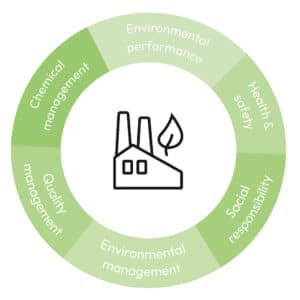
We made our assessment submission in March 2022 and are now ready for external accredited testing to certify our internal reporting. Once this is complete we will move to independent audit stage later in the year. Other activity includes;
Environmental Management
- We have successfully introduced an Environmental Management System (EMS) which is now embedded and rolled out to all colleagues on site.
- We delivered Environmental Aspects training to all colleagues.
- The newly formed Environmental Management Team (EMT) ensure our legal compliance related to Environmental aspects.
- The introduction of an expanded Safety, Health & Environment committee (SHE)
- We are currently working on improving our procedures for working with contractors to ensure that they are working in alignment with all company policies. This ensures that even when working with external contractors, we are still practicing safe operating procedures to ensure we remain environmentally compliant.
Quality Management
- We have expanded on our existing Quality management system (QMS)
Chemical Management
- Whilst we continue working to Zero Discharge of Hazardous Chemicals ZDHC, we are committed to improving our existing Chemical Management System to improve our usage and recording of chemicals as a company.
Environmental Performance
- We are a zero to landfill business.
- The newly formed Environmental Performance Team (EPT) are focusing on three key aspects; Carbon Footprint Reduction, Textile Waste and Communicating Change.
- Carbon Footprint reduction.
- Our new method of measuring will be our carbon score in tonnes per million of turnover, so that more business no longer negatively reflects on our carbon footprint. From 2015-2021 we had a long-term reduction of -13.52% in tCO2e/million.
- We completed a finishing machine consolidation project that has resulted in reduction of run time by 64%. Projecting a yearly
saving estimate of -6,840 kgCO2e and -1.6% of total kgCO2e. - Our medium-term goal is to work through our larger energy consuming functions in turn, to identify
improvements. - Longer term we are looking into renewable energy and alternatives to natural gas, this now feeds into any equipment replacement programmes, not necessarily just replacing like for like.
- Textile waste.
- Through our partnership with LMB 360 degrees textile recycling they have collected approximately 4 tonnes of textile waste. This is then shredded and reused as textile filler in new products. This not only reuses waste but it removed the need for virgin raw materials to be used, contributing to a circular system.
- This 4 tonnes was accumulated for quite a few years and we paid to keep it in storage whilst we sourced a sustainable reuse/recycle route that we were happy to adopt. This maintains our zero to landfill.
- At end of 21/22 we achieved 40% reduction in textile waste. Down from 4.05% to 2.42% the previous year. This is thanks to everybody’s efforts and initiatives such as, the weaver’s checklist which has helped to focus orders being right first time.
- The Quality team remains focused on reducing and eliminating the route causes or waste, whilst the EPT is focusing on further clarifying the green channels available for the 2.42% of textile waste, so we can all help to maximise the most responsible channels.
- The mill shop and supply chain have been working on a waste yarn project to firstly look at donating waste yarn, already 22kg of waste yarn has been donated.
We look forward to sharing more progress of our journey.
